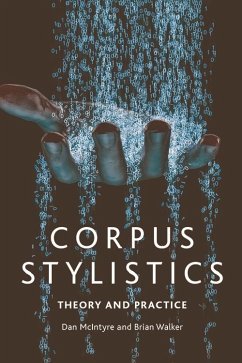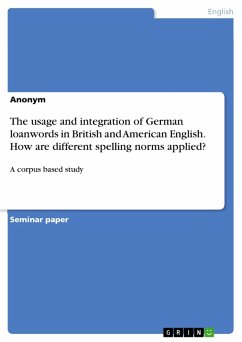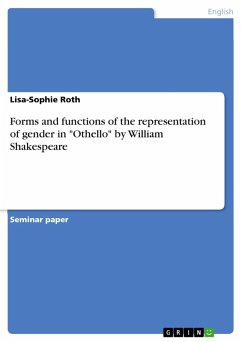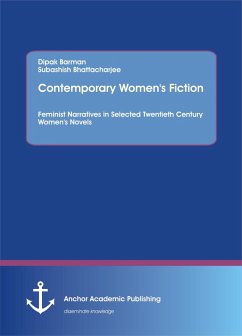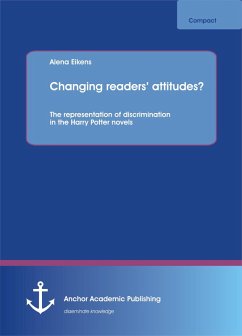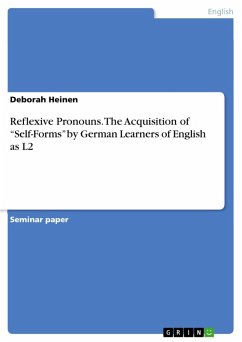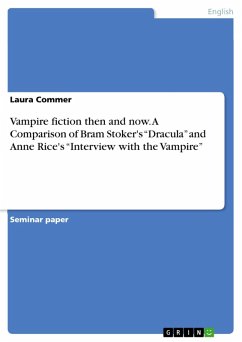
Feminist language forms in German: A corpus-assisted study of personal appellation with non-human referents (eBook, PDF)
Versandkostenfrei!
Sofort per Download lieferbar
Statt: 54,99 €**
39,99 €
inkl. MwSt. und vom Verlag festgesetzt.
**Preis der gedruckten Ausgabe (Broschiertes Buch)
Alle Infos zum eBook verschenkenWeitere Ausgaben:

PAYBACK Punkte
0 °P sammeln!
This study uses constructivist language theory based on Lann Hornscheidt's research as a framework. Grammar is viewed as a form of language use being more or less conventionalized. So, the debate on feminist linguistics is viewed from a new perspective. The study begins with an introduction summarizing the state of research and establishing the research questions. Ch. 2 presents the constructivist framework: The notion of extra-linguistic reality is abandoned and also the idea of language as reflection of reality. The strict distinction between a preliminary language system and language use no...
This study uses constructivist language theory based on Lann Hornscheidt's research as a framework. Grammar is viewed as a form of language use being more or less conventionalized. So, the debate on feminist linguistics is viewed from a new perspective. The study begins with an introduction summarizing the state of research and establishing the research questions. Ch. 2 presents the constructivist framework: The notion of extra-linguistic reality is abandoned and also the idea of language as reflection of reality. The strict distinction between a preliminary language system and language use no longer exists. Ch. 3 provides an overview of German feminist linguistics with a critical perspective on its early discussions. Ch. 4 gives a historical overview on grammar theoretical views on gender. Ch. 5 deals with more recent approaches including diachronic approaches to the question of grammatical gender. The critical evaluation shows that feminist linguistics is now part of different fields of study, even if grammar theorists often do not recognize the results of feminist linguistics. In Ch. 6 a corpus-assisted study of so-called genderfair forms in German is presented and the methodology is explained. In Ch. 7 results are summarized and presented with a particular focus on the usage of genderfair forms with non-human referents. Conclusions from the findings and a general outlook are presented in Ch. 8.
Dieser Download kann aus rechtlichen Gründen nur mit Rechnungsadresse in A, B, BG, CY, CZ, D, DK, EW, E, FIN, F, GR, HR, H, IRL, I, LT, L, LR, M, NL, PL, P, R, S, SLO, SK ausgeliefert werden.





